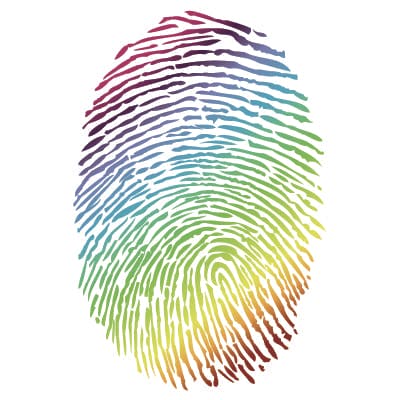It’s important LGBT employees feel comfortable revealing their sexual orientation at work, according to Diversity Council Australia, for their own mental health and the general health of a business.
According to Diversity Council Australia (DCA) CEO Nareen Young, local LGBT (lesbian, gay, bi-sexual and transgender) employees are likely to suffer similar experiences to those highlighted in a US study, and employers need to do more to help them feel more comfortable to be themselves at work.
US research by the Center for Work-Life Policy shows that while 85 percent of Fortune 500 companies have policies supporting sexual orientation, many LGBT employees don’t feel comfortable disclosing their sexual orientation at work.
The research also found almost half of LGBT respondents are closeted at work, which has been found to have substantial negative consequences.
Those who are “out” flourish at work, while those who are in the closet languish or leave:
- LGBT employees who are not out reported significantly greater feelings of being stalled in their careers and greater dissatisfaction with their rates of promotion and advancement;
- LGBT employees who are not out are 40 percent less likely to trust their employer than those who are out; and
- Employees who remain closeted and isolated are 73 percent more likely to leave their companies within the next three years.
The researchers found that closeted workers also suffer anxiety about how colleagues and managers might judge them and expend enormous effort concealing their orientation, which leaves them less energy for actual work.
In addition, LGBT workers who feel forced to lie about their identity and relationships typically don’t engage in collegial banter about such things as weekend activities – banter that forges important workplace bonds.
Local discrimination alive and well
Local research compiled by the DCA found discrimination based on an employees sexual orientation is occurring locally too.
“DCA’s Working for the Future research found 16 percent of gay men and lesbians said they had been discriminated against at work on the basis of their sexual orientation.” Young said.
This group were also more likely to strongly disagree or disagree that, in their job, people treat each other with respect (26 percent gay employees vs 17 percent straight employees), and less likely to indicate people are chosen for jobs on the basis of their competency (50 percent vs 70 percent).
“No-one should have to hide who they really are at work for fear of being judged, harassed or excluded. In this day and age, there’s no excuse for homophobic behaviour.”
“There’s much to be gained in terms of reputation, recruitment, retention, productivity and market share from ensuring your workplace is welcoming and inclusive of LGBT employees,” Young added.

